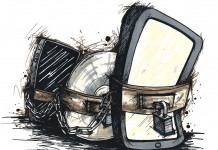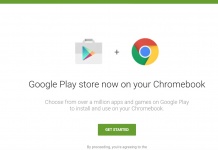
That’s the title of an article in The Chronicle of Higher Education today. Important stuff:
The U.S. Department of Education today released a new guide to laws and rules colleges must follow to ensure e-reading devices and other emerging technologies are accessible to all students. It focuses on students with vision problems, a group whose access issues have triggered official complaints against colleges. The document, in the form of “Frequently Asked Questions,” was published in response to the department’s “Dear Colleague” letter to college presidents on the subject last June.
If colleges use e-readers, or other emerging technologies, blind students “must be afforded the opportunity to acquire the same information, engage in the same interactions, and enjoy the same services as sighted students,” according to the department. …
Colleges can offer alternative versions of a text or technology to students with disabilities, as long as the alternative is “equally effective and equally integrated.”
This means that offering an e-text on a tablet device, such as the iPad, that has more options for the visually impaired, could be an effective alternative to an e-reader version.
An audio book might not do the trick, though.
More in the article. Thanks to Michael von Glahn for the link.


































This was also reported in Inside Higher Ed, as referenced by the posting I put up after yours— helpful Steve
OK, I give, what features does an iPad offer a visually impaired individual as compared to a Kindle?